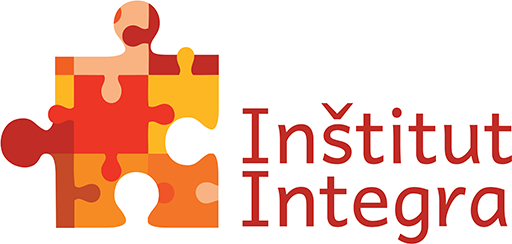
“Nowadays, older people try to learn how to use computers. They look for short duration courses specially prepared for them (e.g. in the 3rd age university). They do this in order not stay back, to understand their grandchildren, understand the language and the concepts they use. They also see ICT as a way to overcome loneliness and to stay connected to family and friends. The tools that they look for are word processor, internet and specific applications and those related to photography or multimedia. The problem is that those courses are not designed for them but for regular students where teachers have a program to accomplish taking into consideration the professional market needs.
Older people have different needs, different speed of learning and different goals. Moreover, it is recognized that the web 2.0 is a way of being in touch with the beloved ones as well as a way to develop or produce something. The web 2.0 provides the user with the tools in order to shift paradigm from a ‘user to a creator. It is an interactive place for people to congregate and do things together. It is also a place to collaborate, get actively involved in creating content, generating knowledge and sharing information. After using the web 2.0 the user feels he/she has done something and he /she may be proud of that result.
The Learning Partnership “Social Web Skills” has responded to the situation described
above and has formulated the following general objectives:
- to improve the quality of life of older people
- to support the realisation of a European area for lifelong learning; (this project will
help to develop the necessary skills to learn continuously and to participate
actively in society) - to help improve the quality, attractiveness and accessibility of the opportunities
for lifelong learning available within Member States; - to reinforce the contribution of lifelong learning to social cohesion, active
citizenship, intercultural dialogue, gender equality and personal fulfilment; - to help promote creativity;
- to contribute to increased participation in lifelong learning by people of all ages,
including those with special needs and disadvantaged groups, regardless of their
socio-economic background
GUNDTVIG Learning Partnership
Project number: 2010 -7180 Partnerstvo, Ref.št. GRU-PAR-13/10
More information is available here.

